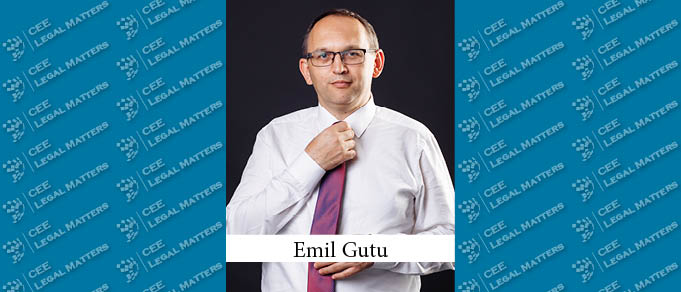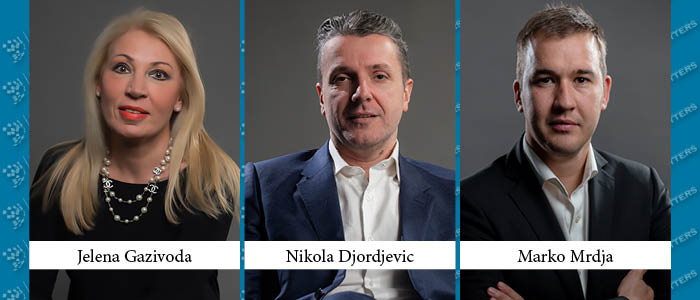The spring of 2023 brought a genuine spring mood into the Moldovan energy sector. The overall feeling is that Moldova came out of the winter that, by many predictions, should have frozen it solid and is now eagerly looking forward to bright, although still occasionally frosty, days ahead.
The energy crisis that started with the reduction of gas supplies by Gazprom in October 2021 and culminated with the skyrocketing energy costs and blackouts caused by the war in Ukraine is still far from being over. But dark times usually bring the brightest opportunities. The Moldovan energy sector arguably experienced more technical, organizational, and legal upgrades in 2022 than in any previous year.
In the natural gas sector, Moldova ended its decades-long dependence on Gazprom. The state-owned energy trader Energocom bought natural gas on the open market for the first time, the reverse flow on the Transbalkanic pipeline became operational, and the first-ever natural gas reserves were created. By operationalizing the second interconnection to the Romanian natural gas grid, the foundation of genuine competition in the Moldovan gas market was laid down.
However, the unprecedented speed of building security reserves came with a price. As everyone in Europe rushed to fill up their gas storages in 2022, the gas price spiked, and consumers felt the pain. Moldova’s government partially offsets the social impact by implementing a targeted energy costs compensation scheme for households based on their per-capita income and energy consumption.
The speed of changes in the electric energy sector was even less trivial. Beyond anyone’s imagination at the beginning of 2022, the Moldovan energy grid, along with the Ukrainian one, was successfully synchronized with the Continental European Power System in March 2022. Regular commercial electricity flows between Moldova and Romania, both bilateral and through the organized electricity market, have started. Electricity market rules similar to those in the EU entered into force. However, practical issues concerning electricity markets operation, especially the balancing market, are still to be solved.
Exceptionally high energy prices have also stimulated the exponential growth of electric energy generation from renewable sources. Thus, the net metering mechanism will outgrow the allocated quota of 10% of the maximum distribution grid load by the end of this year. Subsequently, it will have to be changed for net billing arrangements. Several other changes to the Law on the promotion of the use of energy from renewable sources will have to be introduced shortly to answer the challenges brought about by renewable energy generation to the grid’s stability. All these breakthroughs were long overdue, but it took an all-out energy crisis to make them happen. Moldova still has at least two significant areas for improvement in energy management.
Firstly, most urban residential buildings were built according to Soviet standards with little regard for energy efficiency. The average annual centralized heating bill in such apartment blocks is much bigger than the cost of electricity for a whole year. While most blocks have upgraded windows, their heating system is still vertically integrated (where one can control the room temperature only by opening the windows). Changing those centrally controlled heating systems to a horizontally structured one would incentivize the more efficient use of heating and energy savings through their being directly reflected in the individual household’s heating bills. Secondly, the urban cogenerating power plants, about 50 years old, are physically and morally obsolete, inefficient, and increasingly unreliable. Switching to modern equipment requires, however, either significant public investment or innovative legal and organizational arrangements to accommodate competitive private investments.
Following the newly established interconnections with the European networks, more foreign operators are interested in entering the Moldovan electricity and natural gas markets. Coupled with the already traditional high investors’ interest in renewable energy generation, it creates a growing workload for legal professionals, primarily those specialized in energy law.
The year 2022 showed us how unpredictable events in the energy markets can be. That is why technical and regulatory improvements for a more resilient and competitive future of the energy markets in Moldova should be a continuous priority, even though the all-mighty winter was navigated successfully.
By Emil Gutu, Competition Manager, ACI Partners
This article was originally published in Issue 10.4 of the CEE Legal Matters Magazine. If you would like to receive a hard copy of the magazine, you can subscribe here.

















